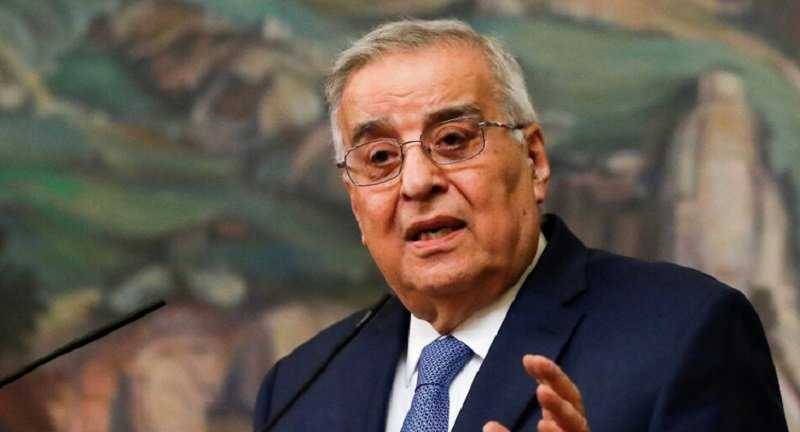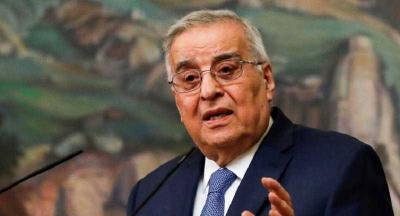Lebanon is awaiting the Israeli response to the proposal presented during the recent visit of the American envoy Amos Hochstein. It was learned that Hochstein received advice while in Beirut to expedite his efforts in order to take advantage of the suitable and pressing circumstances between the disputing parties to achieve a settlement that would allow safe gas extraction.
Meanwhile, supporters of the 29th line continue their battle to push the Lebanese state to adopt it, based on legal grounds they believe justify such a move. However, official circles connected to the negotiation file suggest that the intentions of some advocating for this line are not genuine, indicating that among them are those who deliberately raise the stakes to embarrass President Michel Aoun and prevent any oil achievement during his term. There are also those who are trying to provoke Hezbollah into a military confrontation with Israel, hoping to eliminate the group in this manner.
Until the course of the maritime border dispute becomes clear, Minister of Foreign Affairs in the caretaker government Abdullah Bou Habib confirms to "Al-Jumhouria" that the American envoy Amos Hochstein heard a unified position from the three presidents during his last visit, emphasizing adherence to the 23rd line with the entire Qana field and rejecting any retreat below this line.
When Bou Habib is asked: Wasn't it supposed that you would base your position on the 29th line to improve your negotiating terms and achieve the best possible gains? He replies: "The 23rd line has been submitted to the United Nations since 2011 and is a point of agreement among all responsible officials in the state. The ambassadors and diplomats I meet continually urge us to reach an agreement under this ceiling. As for the 29th line, it is frankly only a negotiation tactic as asserted by those who proposed it. If we legalize it, it would mean 'bartering' and 'haggling,' complicating matters and hindering us from reaching an agreement we need."
He adds: "It is not correct that demanding the 29th line improves our negotiating position; evidence of this is that when this line was presented at the indirect negotiation table in Naqoura, the negotiations stalled. Thus, this option has been tried and yielded no results."
He continues: "Apart from the posturing, we have a significant interest in reaching an agreement quickly because it is a necessary pathway out of the economic crisis. The current moment is internationally favorable for gas extraction, given the strong demand following the Russian-Ukrainian war."
Bou Habib warns that "time is not working in our favor, and Lebanon must utilize the remaining four months before the presidential elections to finalize the agreement; otherwise, if a president is elected who rejects the 23rd line, we will return to square one. If President Michel Aoun’s term ends without an alternative being elected on time, it will lead to a vacuum that will hinder the ability to make decisions, especially since it will be difficult for the ministers of the government that will assume power to agree on a single decision."
Bou Habib anticipates "that Israel will agree to consider the Qana field within Lebanon's share, provided it receives something in return elsewhere." He notes that "Hochstein appeared positive and understanding of the Lebanese position during his last visit, whereas he came for exploratory talks the first time and leaned towards negativity the second time."
On another note, the Ministry of Foreign Affairs is preparing to host a consultative meeting for the Council of Arab Foreign Ministers in Beirut on July 2, where Bou Habib will preside as the current session's president, "if I remain in my position and a new government isn’t formed by that time." He clarifies that an agenda for the meeting has not yet been set, "but it is known that in such consultative meetings, each minister raises the issues that concern their country and the region, and I will certainly focus on the issue of Syrian refugees, which we can no longer bear, and the maritime border demarcation file, in addition to other matters concerning Lebanon and the region."




